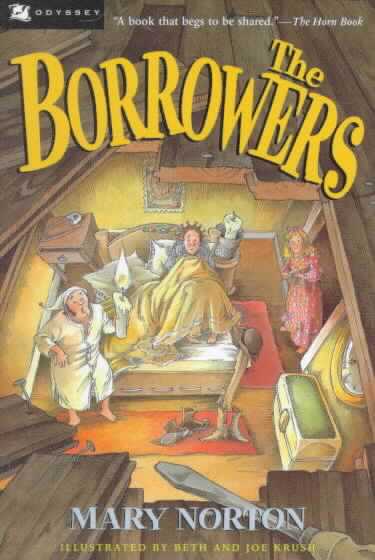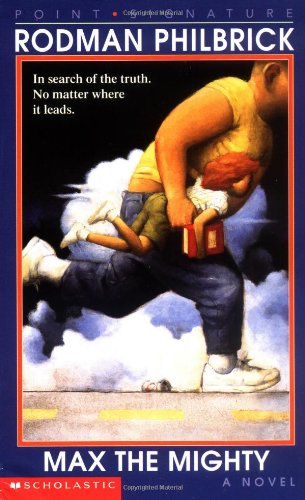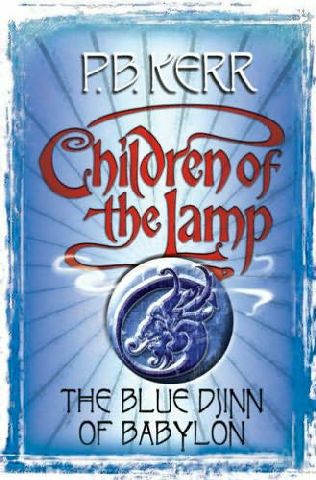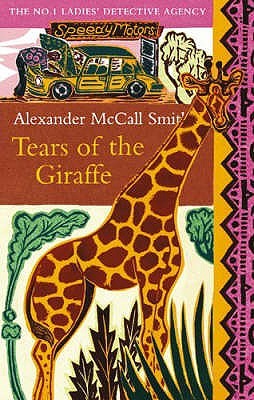She and her brother and sister were raised in India, but during a trip to England the brother contracted rheumatic fever and was sent to a great-aunt’s house in the country to convalesce. While he was there, the younger brother (who grew up to be a Colonel in the British army and died a hero’s death in an uprising in India) supposedly saw borrowers and actually got to know them and make friends with them. The old lady does not claim to believe his story necessarily; she has reasons to think he was teasing about the whole thing; and yet she’s not sure…and at the end of the story, you’re more “not sure” than ever.
The story itself is about the Clock family, the last 3 borrowers left in old Aunt Sophie’s big house in the country, where they live off the little things left unattended by the invalid aunt, her cook/housekeeper Mrs. Driver, and the gardener Mr. Crampfurl. Their daughter Arrietty, however, longs to spread her wings, since only her father is allowed out of their little house under the kitchen floor, and the only sign of a larger world she has ever seen is the view of a grassy bank, through a grate on the side of the house.
The borrowers don’t realize that there’s a boy recovering from fever in an upstairs room, until the boy “seen” Pod Clock borrowing something from his room. At first the Clocks are terrified, but the boy turns out to be friendly and helps them borrow things, in return for which Arrietty reads to him. But soon the servants find out about the borrowers and lock the boy up and hire exterminators, and the boy does what he can to help the Clocks escape, but he never sees them again, nor does he know whether they escaped.
Later Mrs. May herself, as a girl, visited the same house (while her brother was away in India) and never saw the borrowers herself, but she had a feeling they may have gotten away and set up a new home nearby. But on the other hand, the only evidence she has for their existence in the first place is the word of her brother, who was known to make up stories to tease his sisters, and a diary supposedly left behind by Arrietty…who wrote her “e” exactly the way Mrs. May’s brother did…
So at the end of the story you’re left not only unsure whether the Clocks escaped from the exterminators, but also unsure whether they ever existed at all. The whole story is a tease, and there is no climactic swashbuckling escape like what makes good cinema for the Goodman/Broadbent people. But there’s also a bit of wistfulness in it. You want to believe in it partly because it’s something that connects you to the memory of a nice little boy who grew up to be a brave young man who died a long time ago. And you sense that the old lady misses her unnamed brother and likes to think about his borrowers, even if she thinks he made them up.
This book won the Carnegie Medal as the U.K.s most distinguished childrens book of 1952.





